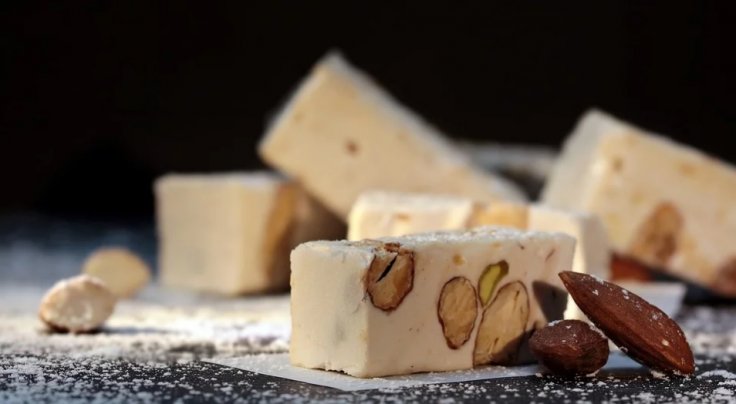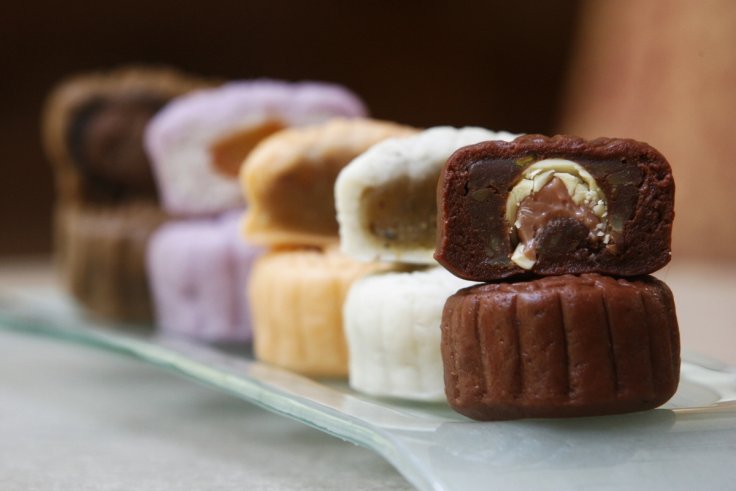A team of scientists from the University of Kansas, US, recently analysed a range of studies that show a link between consumption of sweetmeat and mental-health condition and have warned that high sugar intake, which is extremely common during the upcoming festive season, could trigger depression.
Researchers said that sugar may initially boost one's mood but it will have severe affects later as it may have an inflammatory effect on the brain.

Winter times may leave people even more vulnerable to such mental condition due to dwindling light and changes in sleep patterns. Stephen Ilardi, associate professor of clinical psychology at University of Kansas said: "For many, reduced sunlight exposure during the winter will throw off circadian rhythms, disrupting healthy sleep and pushing 5 to 10% of the population into a full-blown episode of clinical depression."
"One common characteristic of winter-onset depression is craving sugar and now they're constantly confronted with holiday sweets," Ilardi added. The study, published in the journal Medical Hypothesis, said that the scientists, who analyzed research including the Women's Health Initiative Observational and the NIH-AARP Diet and Health studies, found inflammation is linked to both sugar intake and the onset of depression.
High level of systemic inflammation
Many people with depression have high levels of systemic inflammation and inflammatory diseases are diabetes and rheumatoid arthritis, which are diseases with a high level of systemic inflammation. "We don't normally think about depression being in that category, but it turns out it really is, not for everyone who's depressed, but for about half," he said.

It is known that inflammatory hormones can directly push the brain into a state of severe depression and hence, an inflamed brain is typically a depressed brain and added sugars will have a pro-inflammatory effect on the body and brain, explained the study author.
Impact of sugar on microbiome
The researchers also analyzed the impact of sugar on the community of bacteria living in the human intestines, or the microbiome. "Our bodies host over 10 trillion microbes and many of them know how to hack into the brain. The symbiotic microbial species, the beneficial microbes, basically hack the brain to enhance our well-being. They want us to thrive so they can thrive," Ilardi said.

However, he pointed out that there are also some opportunistic microbes that have a near parasitic relationship with their human hosts and they thrive on added sugars, and they can produce chemicals that push the brain in a state of anxiety and stress and depression.
Maintaining a proper diet
The study suggests that people should try and maintain a balanced diet, including a moderate amount of sugar, plant-based and non-processed foods not just during the holidays but throughout the year. "There's no one-size-fits-all approach to predicting exactly how any person's body will react to any given food at any given dose," Ilardi said.
As a conservative guideline, based on the current state of knowledge, he said that there could be some risk associated with high-dose sugar intake, probably anything above the American Heart Association guideline, which is 25 grams of added sugars per day.









